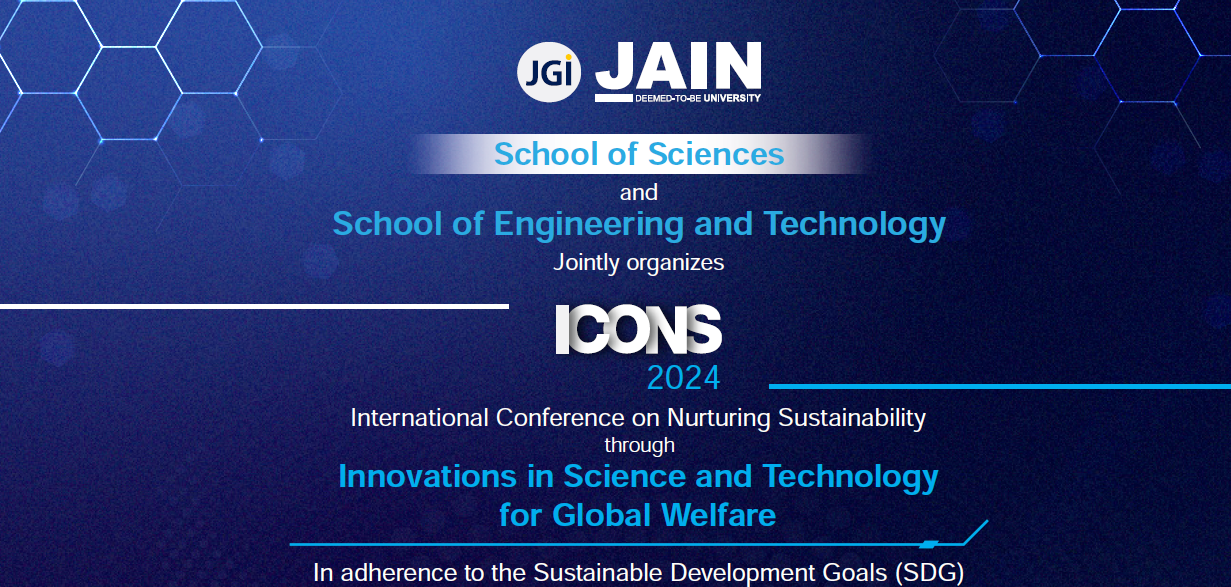Speakers
Description
Psychological resilience, or the ability to adapt in the face of adversity, is crucial for maintaining mental health, especially in the context of rising environmental stressors. This study investigates the impact of nature connectedness and climate anxiety on psychological resilience among young and middle-aged adults using a comparative correlational design. The research aims to determine whether resilience is higher in young adults, who are often driven by idealism and future concerns, or in middle-aged adults, who typically feel a stronger sense of responsibility for future generations. Additionally, the study examines gender differences in resilience within both age groups. Statistical analysis will explore how nature connectedness and climate anxiety interact to influence psychological resilience, with a focus on whether nature connectedness has a stronger positive effect on resilience in individuals with lower climate anxiety. The findings are expected to deepen our understanding of the interplay between environmental and psychological factors across life stages, contributing to the development of targeted strategies to manage climate anxiety and enhance resilience, ultimately improving mental health outcomes across age and gender groups.

